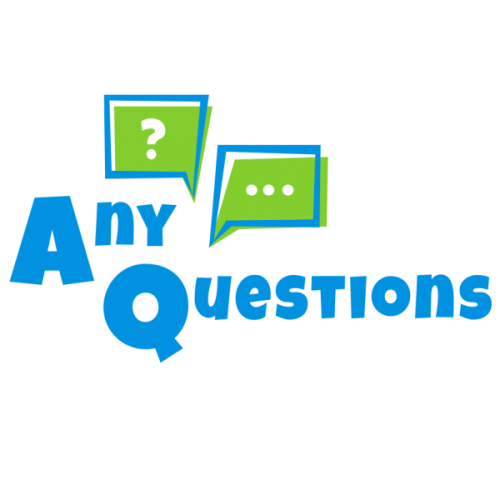Senior social sciences
We are preparing to close this site soon as this content has now moved to Tāhūrangi.
Tāhūrangi is the new online curriculum hub for Te Tāhuhu o te Mātauranga | Ministry of Education.
Nau mai haere mai
The senior social sciences area of Social Sciences Online provides curriculum and assessment information, resources, and useful links to support the teaching and learning of social sciences in years 11–13.
In senior social sciences, students expand on the knowledge, skills, and experiences gained in levels 1–5 of the social sciences curriculum. The achievement objectives at the senior level draw on the four strands of Identity, culture and organisation; Place and environment; Continuity and change; and the Economic world.
You can browse the content in this section using the tabs below.
Senior social studies teaching & learning guides (years 11–13)
Senior secondary teaching and learning guides for social studies provide support for teachers of senior social studies, as they develop programmes of learning for their students. They reflect the intent of the national curriculum and are an adjunct to it.
Visit Senior social studies teaching & learning guides (years 11–13)

The New Zealand Curriculum: Social sciences
This section of the New Zealand curriculum website has information about the social sciences as a learning area. Resources and information relating to the previous (1997) curriculum document may continue to be used as supporting documents when planning teaching and learning programmes.

The New Zealand Curriculum
The New Zealand Curriculum sets the direction for teaching and learning in English-medium New Zealand schools. It has been mandatory since February 2010.

Te Marautanga o Aotearoa
Te Marautanga o Aotearoa is the curriculum for Māori-medium teaching, learning, and assessment. It is New Zealand’s first curriculum to be developed and written in te reo Māori and sets the direction for teaching and learning in Māori-medium schools and settings.
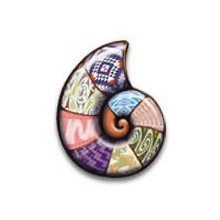
Key Competencies
This section of the New Zealand Curriculum Online website offers specific guidance to school leaders and teachers on integrating the key competencies into the daily activities of the school and its teaching and learning programmes.

NZQA – NCEA resources for social studies
Updated Level 1 draft-for-implementation Achievement Standards will be available on the NCEA Education website by the beginning of Term 4 2023.
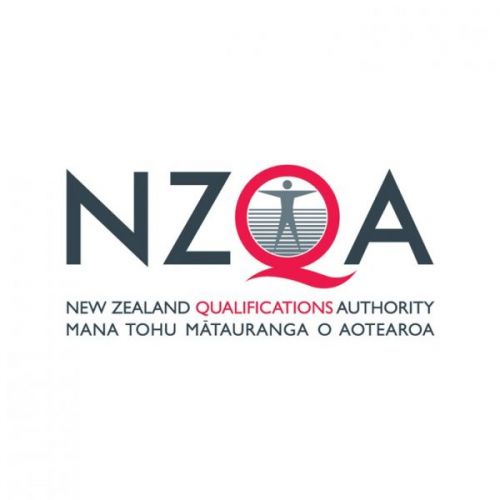
NCEA support materials
These support materials have been developed for use with NCEA achievement standards. NCEA support materials for social sciences include guide notes for assessment of the concepts and perspectives, as well as notes on the 'values' achievement standards.
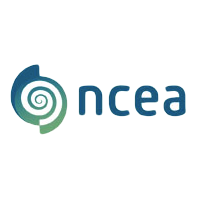
Assessment Online
This key community covers assessment in the classroom, effective use of evidence, and reporting to families and whānau. It offers news, assessment tools and resources, research, a glossary, FAQ, and related links.

NCEA Levels 1, 2, and 3 achievement standards
Level 1, Level 2, and Level 3 registered achievement standards for social studies are available for use. They have been aligned with The New Zealand Curriculum (2007) and formally registered by NZQA.
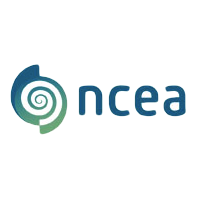
ERO (The Education Review Office)
In 2007, ERO published three reports on schools’ effectiveness in the collection and use of assessment:
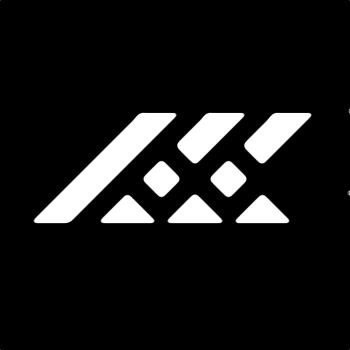
The New Zealand Qualifications Authority (NZQA)
Follow links to the New Zealand Qualifications Framework, NCEA, and subject achievement standards. Some useful resources are available on the NZQA website.
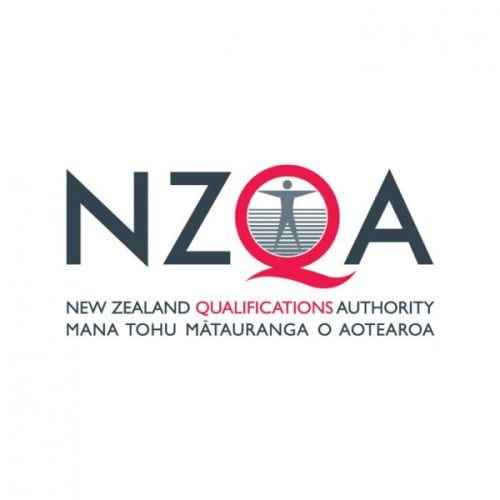
Radio New Zealand – The Citizen's Handbook
Become a better New Zealand citizen! A comedy video and podcast civics series that tackles NZ history and issues. (Made with the support of NZ On Air.)
In the first season of The Citizen's Handbook, Robbie Nicol taught the youth of Aotearoa how our country works. Now he's back to teach them how to help make it a better place.
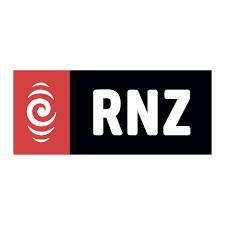
Rights: Now! Engaging with children on matters that affect them
The Rights: Now! level 2–3 education resource provides a great introduction to develop an understanding and practical application of children’s rights and the United Nations Convention on the Rights of the Child (the Children’s Convention). This resource has a specific focus on a child’s right to have their say, participate and be heard on issues that affect them.
Visit Rights: Now! Engaging with children on matters that affect them
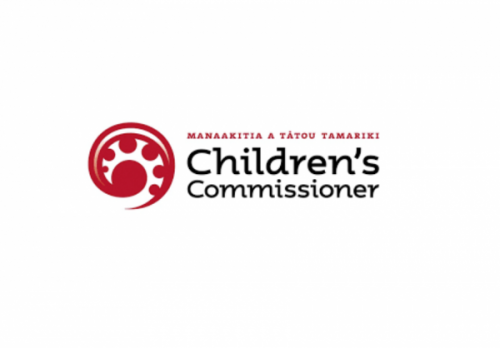
Civics and Citizenship Education – Teaching and Learning Guide
This teaching and learning guide supports primary and secondary school teachers to develop their understanding and practice in relation to effective civics and citizenship education in Aotearoa New Zealand.
Visit Civics and Citizenship Education – Teaching and Learning Guide
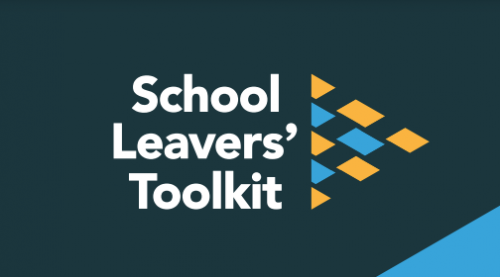
New Zealand Parliament | Pāremata Aotearoa – Education resources
Find out about the resources available from Education Services for use by students and schools.
Visit New Zealand Parliament | Pāremata Aotearoa – Education resources
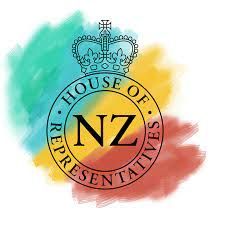
Consumer protection resources: NCEA Level 1 – year 11
This NCEA Level 1 Internal Assessment resource for year 11 students requires students to conduct an inquiry into a government agency of their choice to report on how it works to promote social justice for New Zealand consumers.

Ka Hikitia (the Māori Education Strategy) 2020
Ka Hikitia sets out how the education sector will achieve system shifts and support Māori learners and their whānau, hapū, and iwi to achieve excellent and equitable outcomes. Ka Hikitia provides an organising framework for the actions that schools and supporting agencies will take.
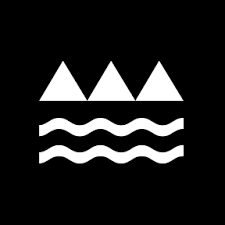
Te Tere Auraki
This Ministry of Education professional development strategy focuses on improving outcomes for Māori students in English-medium schools. This strategy supports: Te Kotahitanga, Ako Panuku, and Te Mana Kōrero.
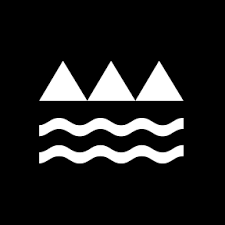
Pasifika Education
The education system must work for Pasifika so they gain the knowledge and skills necessary to do well for themselves, their communities, Aotearoa New Zealand, the Pacific region and the world.
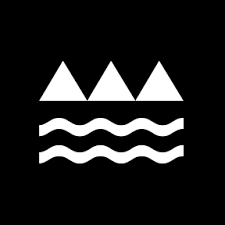
Education for Enterprise
Education for Enterprise (E4E) is about promoting an approach to learning – one that is real, relevant, and gives students responsibility for their learning. In this section, find out more about why an enterprising approach to learning could benefit your students, and how to develop an E4E approach in your school.

The National Library of New Zealand – Services to Schools
Services to Schools supports educators by providing professional learning, advice, and quality resources to inspire and inform student learning, foster their love of reading, and develop their knowledge of culture and heritage.
Visit The National Library of New Zealand – Services to Schools

Any Questions (students)
Students can go to this website to find useful, accurate, online information. Librarians from all over New Zealand are available each week day between 1pm and 6pm to help students search online. To use AnyQuestions.govt.nz, students must be attending a New Zealand primary, intermediate, secondary school or being home-schooled.
